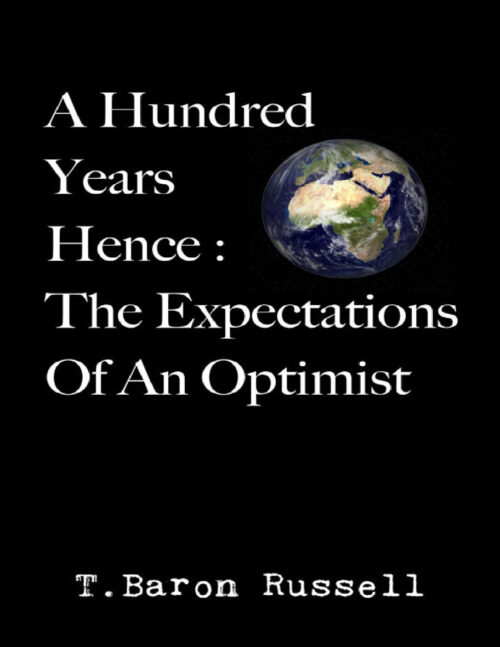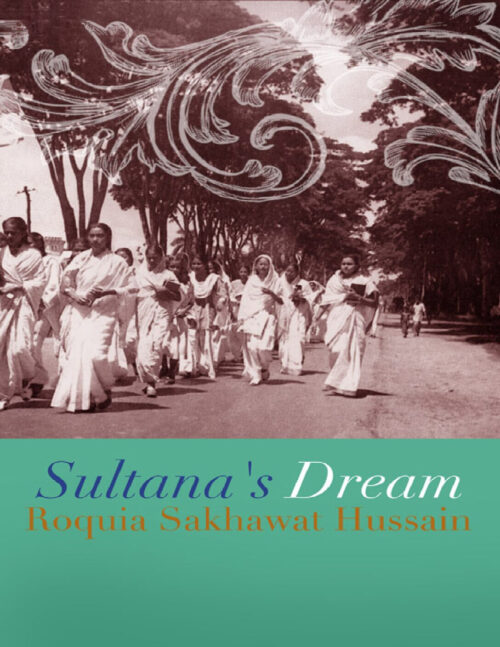« Herland » is a thought-provoking and pioneering work of feminist science fiction written by Charlotte Perkins Gilman in 1915. This novella, which is a part of the utopian literature genre, offers readers a unique and imaginative exploration of gender, society, and the potential for a world without men.
Set in a secluded, hidden valley somewhere in South America, « Herland » tells the story of three male explorers who stumble upon an isolated and all-female society. The society is composed of intelligent, self-reliant, and peaceful women who have managed to not only survive but thrive without the presence of men. The women have developed their own language, culture, and advanced technology.
One of the central themes of « Herland » is the role of gender in shaping society. In the outside world (the male-dominated world), women are often viewed as inferior and are subjected to various forms of discrimination. In contrast, the women of Herland have created a society free from gender-based hierarchies. They are strong, independent, and cooperative, and they have built a harmonious community that values education, health, and environmental sustainability.
Another key aspect of the story is the exploration of motherhood and child-rearing. In Herland, motherhood is a collective endeavor, and children are raised by the entire community. This arrangement allows for the best possible care and education for each child and eliminates many of the challenges and inequalities associated with traditional family structures.
The male explorers, representing the outside world’s patriarchal values, struggle to understand and adapt to the Herland society. Their interactions with the women lead to insightful discussions about gender roles, relationships, and the potential for a more equitable and harmonious society.
« Herland » is not just a work of fiction; it’s a feminist critique of early 20th-century society and a vision of what a world without gender-based discrimination and conflict could look like. Charlotte Perkins Gilman’s writing is both imaginative and thought-provoking, making « Herland » a significant contribution to the feminist literary canon. It challenges readers to reconsider their own beliefs about gender, society, and the possibilities for a better future. Despite being written over a century ago, « Herland » remains relevant and continues to inspire discussions about gender equality and utopian ideals in the modern world.






Reviews
There are no reviews yet.